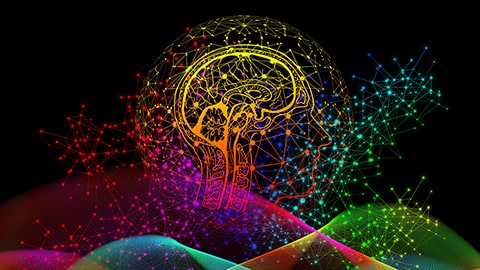emotional intelligence introduction

this program introduces us to the concept and context of emotional intelligence, whilst also introducing us to the four key areas of expression. each of these areas forms a key part to the whole of emotional intelligence.
self-awareness

here we investigate the first area of emotional intelligence, or self-awareness. we learn how it is key to any self-developmental work and how it demands of us to deepen our emotional awareness.
deepening self-awareness

understanding the basics of self-awareness, we explore some of the practices through which we can increase consciousness of self. we also look more deeply at values and their support in growth.
self-regulation

now we turn to the second area of emotional intelligence, namely self-regulation. we learn about the crucial place of mindfulness in self-regulation and discuss the emotional reaction more deeply.
being with emotion

self-regulation means that we learn to be with our own and others’ emotion. we look at what it means to hold emotion and explore some of the ways in which we can increase our understanding.
self-regulation practices

this program explains how we can change what we feel, and how mindfulness supports this process. it then investigates several practices through which we can support our self-regulation work.
empathy

what is empathy? and how is it different from sympathy? we explore what empathy looks, sounds and feels like, and how it is different from sympathy. we learn how to cultivate and practice empathy in our daily lives.
social-awareness

developing our capacity for awareness of our own emotion (self-awareness), managing these emotions (self-regulation), and empathy enables us to expand our awareness to include situational and other-awareness (social awareness). here, we explore the qualities of social awareness, and how we can cultivate this aspect of emotional intelligence in our daily lives.
co-regulation

we now turn to relationship management, the fourth area of emotional intelligence. we define co-regulation and walk through a five-step process we can use to learn and improve our co-regulation skills.
cognitive distortions

our habitual thinking patterns and reactions can get in the way of seeing and responding to everyday situations with clarity. here, we focus on identifying some common cognitive distortions and how to work with them.
self-esteem

in this program we look at self-esteem and how it is different from self-confidence. we learn various practices that we can use to develop our self-esteem, and the importance of self-compassion to this process.
boundaries and assertiveness

boundaries are vital to our well-being. in this program we look at physical, mental and emotional boundaries and how to set and practice them. we also explore assertive communication and distinguish this from passive or aggressive communication.
working with the inner critic

we now turn our focus to the inner critic. we first learn how to recognize this inner critic and its roots. we then look at how to listen to and reframe self-talk and explore various appraoches to working with our inner critic, including working with our cognitive distortions and beliefs, and practicing self-acceptance and self-kindness.

